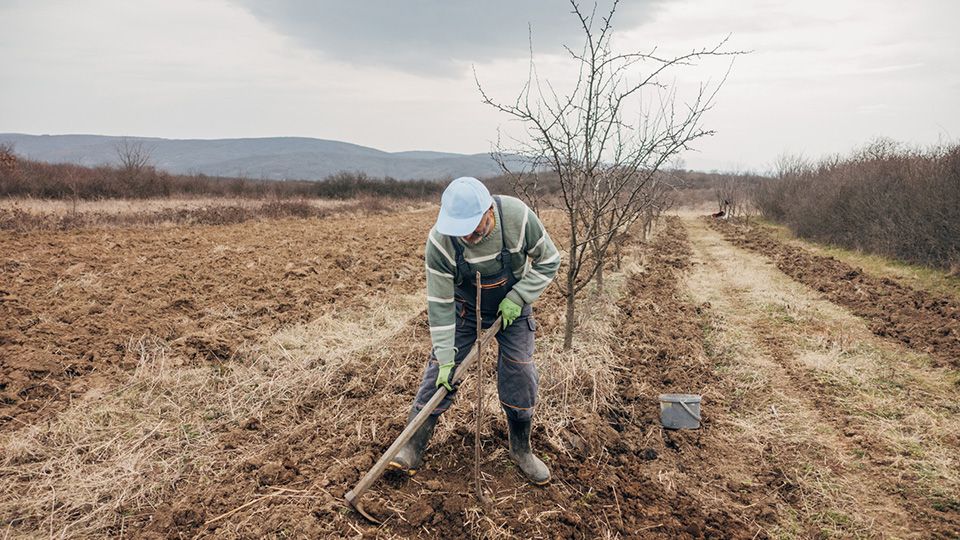Nearly 28% of recovery spending could have negative impacts for climate adaptation, by locking-in non-resilient infrastructure for example, according to research conducted by the University of Oxford.
Analysing 8,000 government policies across 88 countries, the research also revealed only 10% of investment spent on Covid-19 recovery was ever likely to enhance direct climate adaptation, although this figure rose to 27% when potential indirect impacts were accounted for.
How to adapt to the impacts of climate change – and who should pay – was a key topic of debate at COP28, with leaders identifying a “significant” gap in funding for country-wide adaptations.
Also read: – COP28: Calls to rapidly scale adaptation finance to plug up to $366bn annual gap
“Calls to mainstream climate adaptation and resilience are not new, but it is clear from our research that this is not yet happening. We had high hopes that governments would deliver on their promise to ‘build back better’, but our analysis shows that instead we have missed opportunities to invest meaningfully in adaptation and resilience,” explained lead author Alexandra Sadler, from the University of Edinburgh and Oxford Smith School.
Published in the Nature Sustainability journal, the study analysed Covid-19 government ‘recovery’ investment from March 2020 to December 2021, applying what it says is “the world’s most granular taxonomy for climate resilience and adaptation finance”.
According to the analysis, as much as $334bn was allocated to direct efforts to adapt to current or expected climate change effects, such as disaster preparedness or green retrofitting – but this was only 11.1% of the $3trn spent on recovery in total.
The paper also explored whether government investment could produce ‘triple benefits’ for adaptation, climate mitigation and economic recovery, finding that several policy types provide such benefits. This includes investment in natural infrastructure, green worker training and clean energy infrastructure.
A comparison of spending climate change mitigation to that on climate change adaptation also found that the spend was three times higher for mitigation.
“There is a dangerous and persistent myth that investing in adaptation to climate change means we have given up on emissions reduction – but this is false. Our research highlights that adaptation spending is still much too low,” said Dr Nicola Ranger, co-author and executive director of the Oxford Martin School Programme on Systemic Resilience.
“We are already seeing the impacts of climate change in extreme weather across the world, and we urgently need to invest in resilience now, alongside reducing emissions so these impacts don’t get worse.”
“The concerning potential impacts of government spending on climate adaptation and resilience become even more alarming within the broader context of an already significant imbalance in both expenditure and political rhetoric, which we find heavily favouring mitigation over adaptation. This accentuates the urgent imperative to reassess priorities and establish a more equitable balance in our recovery plans,” concluded co-author Dr Fulvia Marotta.








